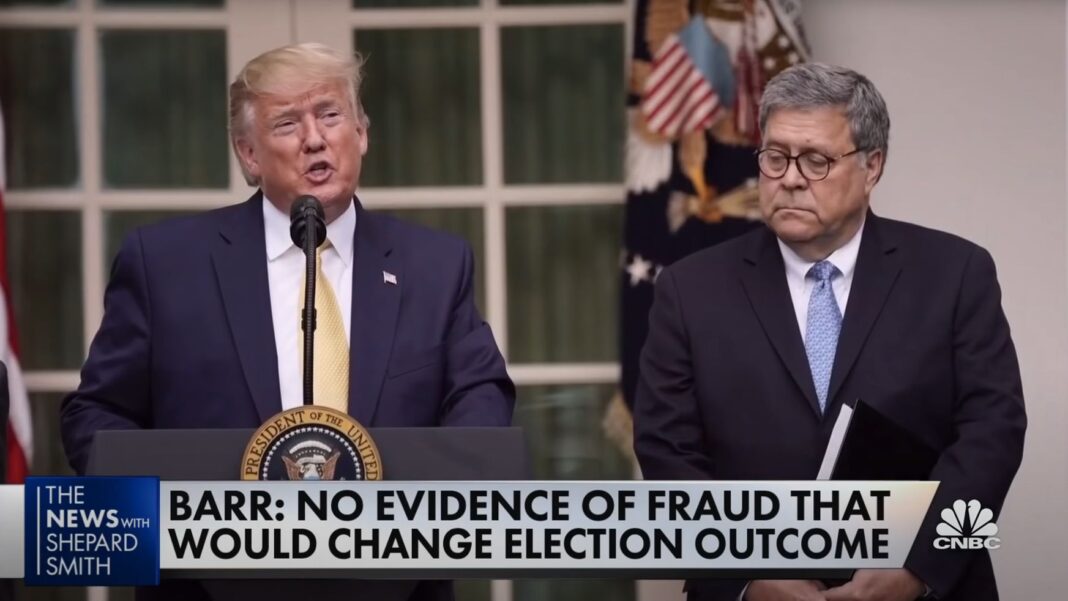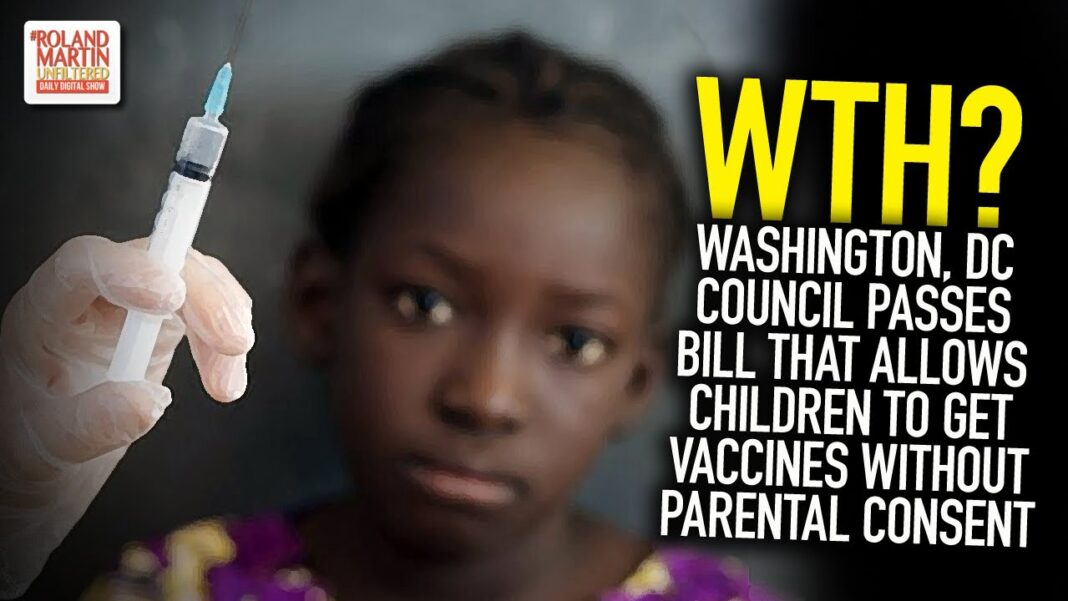
Benefits from the messenger RNA COVID-19 vaccines outweigh the risk of heart inflammation, the World Health Organization’s (WHO) vaccine safety committee has said in its updated guidance.
After reviewing all currently available information and despite evidence suggesting a likely association between heart inflammation and the emergency use mRNA vaccine, the WHO’s Global Advisory Committee on Vaccine Safety (GACVS) announced on July 9 that the benefits of the vaccines continue to outweigh the risks of myocarditis and pericarditis to the individual.
Myocarditis is inflammation of the heart muscle, while pericarditis is inflammation of the lining that surrounds the heart. The inflammatory condition can occur following an mRNA vaccine or as a result of infection with the CCP (Chinese Communist Party) virus that causes the disease COVID-19.
The guidance echoes with the U.S. Center for Disease Control and Prevention (CDC)’s guidelines on heart inflammation after being vaccinated with an mRNA vaccine for those aged above 12. The WHO has not differentiated its guidance by age.
Last month, the CDC’s vaccine advisory committee said it would not change its vaccine recommendation for “persons 12 years of age and older in the United States under FDA’s Emergency Use Authorization,” after meeting to discuss the high incidence of heart inflammation in young people, particularly among males aged 12 to 24 years.
The committee concluded that the risk of heart inflammation in adolescents and young adults after inoculation with an mRNA vaccine did not outweigh the vaccine’s benefits, and only made recommendations to disclose risks of heart inflammation to patients.
GACVS also claimed that the cases of heart inflammation following mRNA vaccines were very rare, generally mild, and usually improved with treatment like non-steroidal anti-inflammatory drugs or rest.
However, the higher-than-expected reports of heart inflammation in adolescents and young adults, particularly in young men, typically within a few days after the second dose of the mRNA vaccine, has prompted health authorities in various countries to further investigate the issue.
BY MEILING LEE





